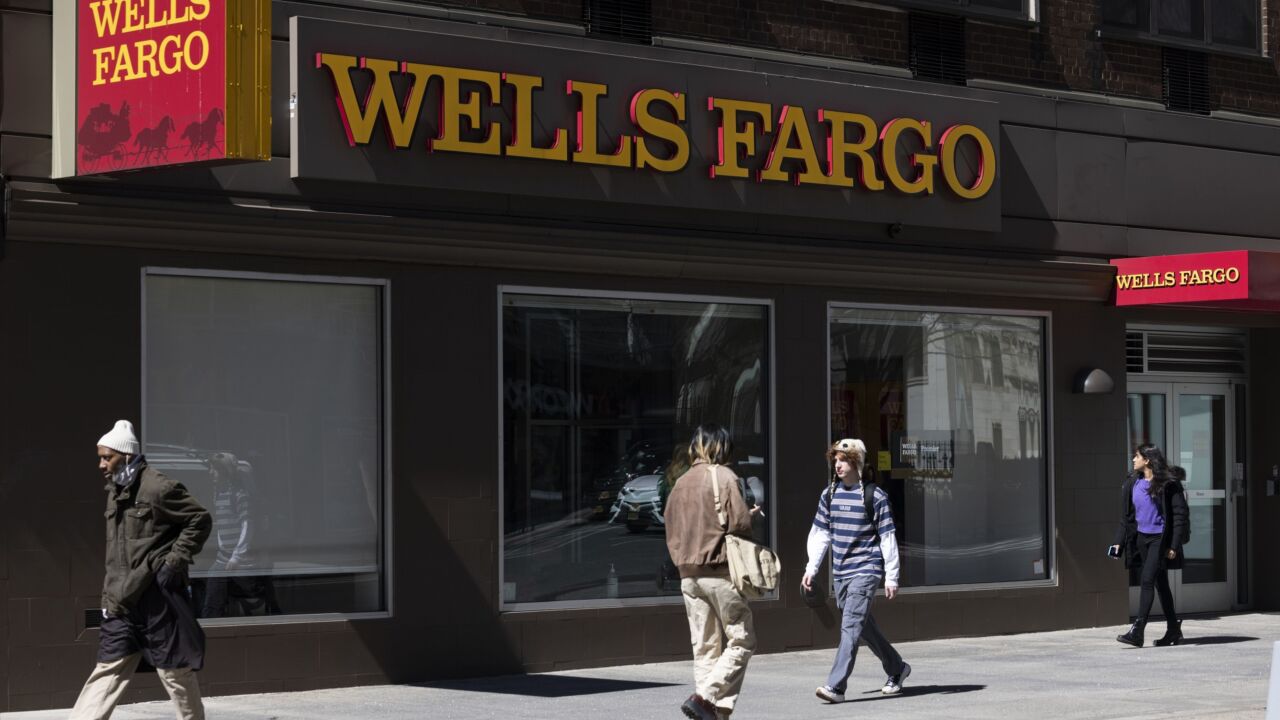One of the largest frustration for merchants that regularly analyze their payment data is the vague "05: Do Not Honor" e-commerce card refusal.
Although it can account for the majority of refusals, it is very vague, leaving merchants and their customers at a loss about how to act in response. It can represent anywhere from 10% to 60% of refused payments, depending on the country.
While there isn’t an easy, single answer to what this refusal reason means, there are several suggestions as to what it is. So, what might the “05 : Do Not Honor” mean?

In approximately half of the cases, “05 : Do Not Honor” is likely just an “Insufficient Funds” refusal in disguise. The reality is that some issuers (or their processors) do a poor job of returning the appropriate refusal reasons to the merchants. This is both due to legacy systems on the issuer side, as well a lack of mandates or monitoring by the schemes on this, letting issuers continue to use it as a blanket term.
By looking at the data from various banks, it is easy to see how “Do Not Honor” and “Insufficient Funds” can be used interchangeably. Our records that show a disproportionately high level of “Do Not Honor” and a low level of “Insufficient Fund” refusals would suggest one masquerading as the other.
Although the words “Do Not Honor” don’t give anything away, sometimes other data points can be clues for the refusal. Obvious things to look at are the CVC response, card expiry date and, to a lesser extent, the AVS response. For lack of a better reason, issuers will frequently default to using “05 : Do Not Honor” as the catchall bucket for other denials. Even in the case that a more appropriate reason may be available, issuers may still fail to appropriately assign a reason to this and stick with the “05 : Do Not Honor.”
In addition to the data points available at the transaction level, there is also a lot that can be learned from looking at aggregated data. In some cases, the “05 : Do Not Honor” refusal received may be particular to, for example, a merchant’s business line (their mcc) or the type of transaction they’re trying to do.
The most appropriate use of “05 : Do Not Honor” would be due to suspicious activity on the card. In some cases, although the card is in good standing and has not been reported lost or stolen, an issuer might choose to err on the side of caution due to a combination of characteristics on a transaction.
For example, a high value transaction made at 3 a.m. from a foreign-based merchant without any extra authentication, may trigger a few too many risk checks on the issuer side. These types of refusals will again unfortunately be designated into the “05 : Do Not Honor” category. Even though issuers may be able to point to specific reasons why the transaction was refused, issuers have no way to communicate this back to the merchant and are forced to pick a response from the available responses codes defined in the ISO 8583 standard.
Some astute merchants might point out that issuers should be able to use “59 : Suspected fraud” in these cases. This is true; however, merchants and acquirers do not know this since VisaNet remaps all “59 : Suspected fraud” refusals to “05 : Do Not Honor.” The reason for this is again, likely legacy: to protect store owners in the POS environment and avoid uncomfortable situations with the shopper standing in front of them.
Finally, the reality is that your likely not to be the only merchant that shopper interacts with. Regardless of how good your business is, or how clean your traffic is, a shopper’s (recent) history with other merchants will influence the issuers decision on your transaction. For lack of a better reason, the catchall “05 : Do Not Honor” refusal that you receive can therefore in some cases be seen as “collateral damage.” If the shopper coincidentally just made a large purchase on a high-risk website or went on a shopping spree before reaching your store, there is a possibility that the issuer may decline the transaction at that moment in time. In these cases, having again the right billing and retry strategy can be crucial to minimizing the number of “05 : Do Not Honors” received.
“05 : Do Not Honors” represent a large cost to merchants and anything done to reduce the number of them will go a long way to improving customer satisfaction and the revenue stream of the business. To minimize these types of refusals, a multipronged approach is advised. Traffic should be kept clean to minimize the number of suspicious transactions and a smart retry strategy should be implemented using any and all information available.





